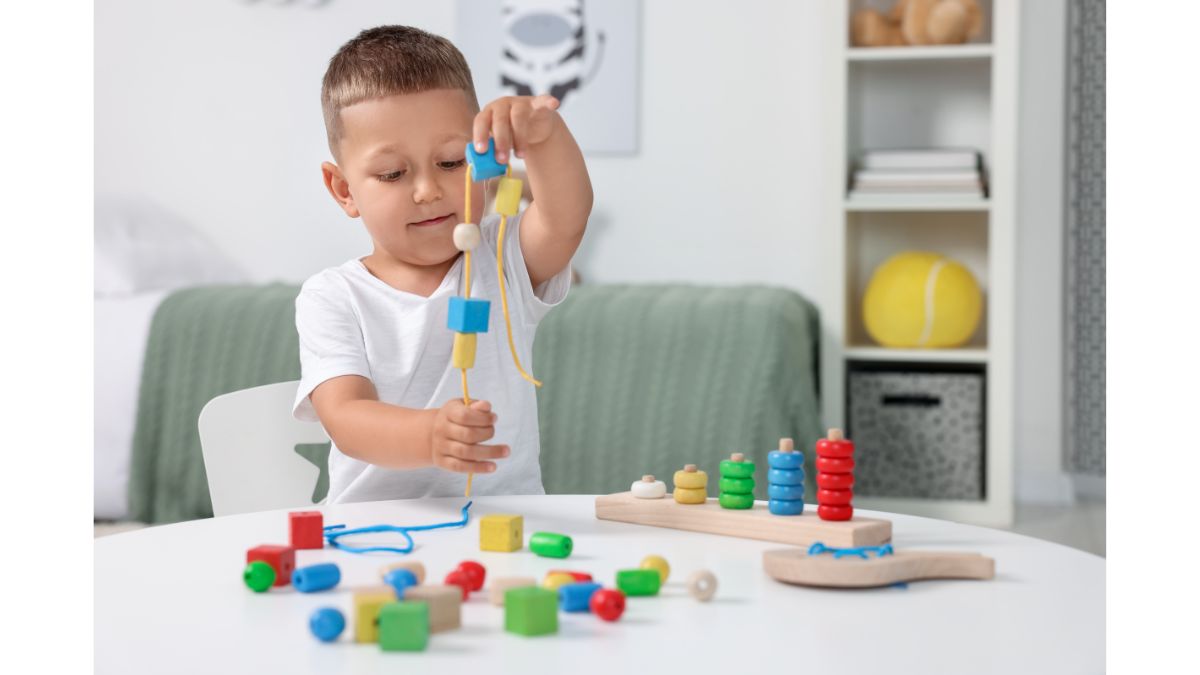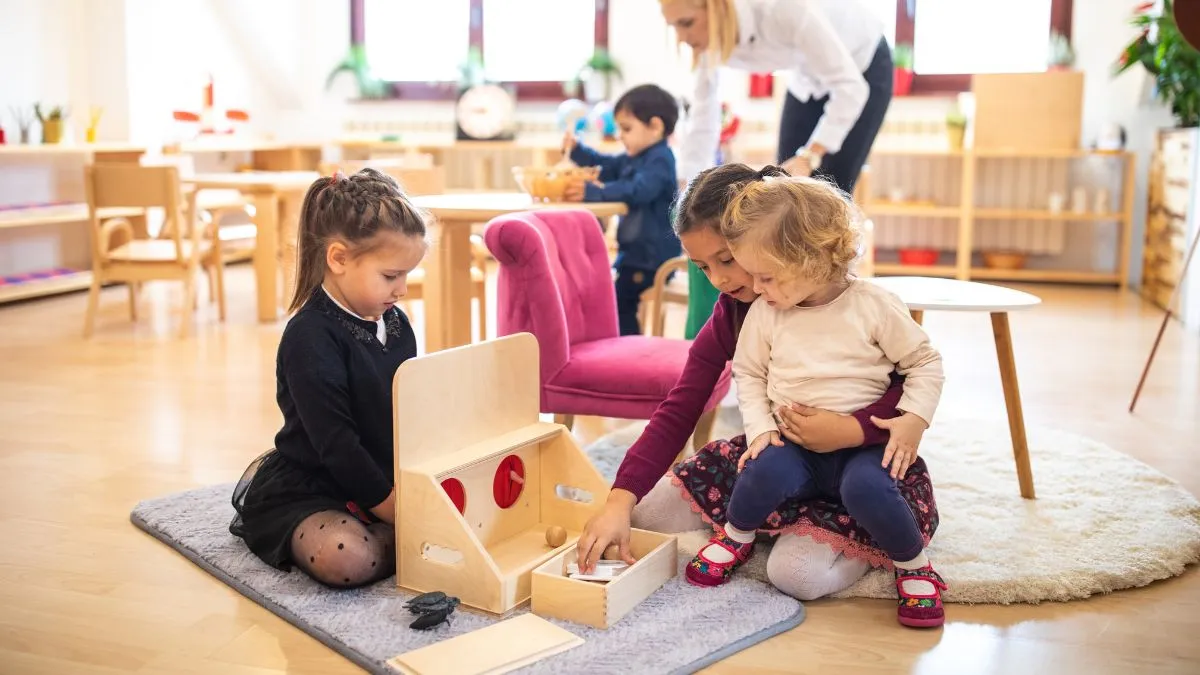- By Prerna Targhotra
- Fri, 28 Jun 2024 04:33 PM (IST)
- Source:JND
Play is a fundamental aspect of early childhood development, acting as a catalyst for learning, growth, and well-being. Recognized by educators and psychologists alike, play is not merely a way for children to pass the time but a critical component in fostering cognitive, social, emotional, and physical development. There are various types of play used for learning, including sensory play, imaginative play, and structured play. Sensory play, like playing with sand or water, helps children explore their senses.
Imaginative play, such as role-playing as a doctor or a teacher, enhances creativity and social skills. Structured play, including games with rules like hide and seek or board games, promotes problem-solving and cooperation. Mr. Raj Singhal, Co-founder & CEO of Footprints Childcare explains how various types of plays can help in healthy child development.

Benefits Of Play In Childhood Development
Cognitive Development
Through play, children engage in activities that enhance their cognitive skills. Puzzles, building blocks, and imaginative games stimulate problem-solving abilities and critical thinking. When a child builds a tower of blocks, they are not just having fun but also learning about balance and gravity. Play encourages curiosity and experimentation, creating an environment where children can explore concepts and ideas in a tangible and meaningful way.
Social and Emotional Development
Play is a powerful medium for socialisation. Children learn to cooperate, take turns, and empathise with others through interactive play. These social skills are essential for forming healthy relationships later in life. For instance, playing house or school allows children to practise roles and understand different perspectives, promoting empathy and emotional intelligence. Additionally, play can serve as an emotional outlet, helping children process their feelings and develop resilience.
ALSO READ: How To Know Your Skin’s pH At Home: Try These Simple Ways To Find Out
Physical Development
Active play is crucial for physical development. Running, climbing, and jumping help children develop motor skills, coordination, and physical fitness. Fine motor skills are also honed through play activities like drawing, cutting with scissors, and manipulating small objects. These skills are foundational for tasks such as writing and self-care routines.

Importance Of Play In Childhood Development (Image Credits: Canva)
Language Development
Language skills flourish during play as children communicate with their peers and caregivers. Role-playing games, storytelling, and even simple conversations during playtime help expand vocabulary and improve grammar. Children learn to express themselves clearly and understand others, which is vital for effective communication.
Creative Development
Imaginative play builds creativity, such as dressing up, drawing, or building fantastical worlds with blocks. This type of play allows children to experiment with different scenarios and solutions, enhancing their creative thinking abilities. Creativity developed through play can lead to innovative thinking and problem-solving skills in adulthood.
The significance of play in early childhood development cannot be overstated. It is a comprehensive learning tool integrating physical, cognitive, social, emotional, and language development. Encouraging play in various forms and providing children ample opportunities to engage in play is essential for their holistic development.
As Fred Rogers aptly stated, “Play is often talked about as if it were a relief from serious learning. But for children, play is serious learning. Play is the work of childhood.” By understanding and promoting the importance of play, we lay the foundation for well-rounded, healthy, and capable individuals.

